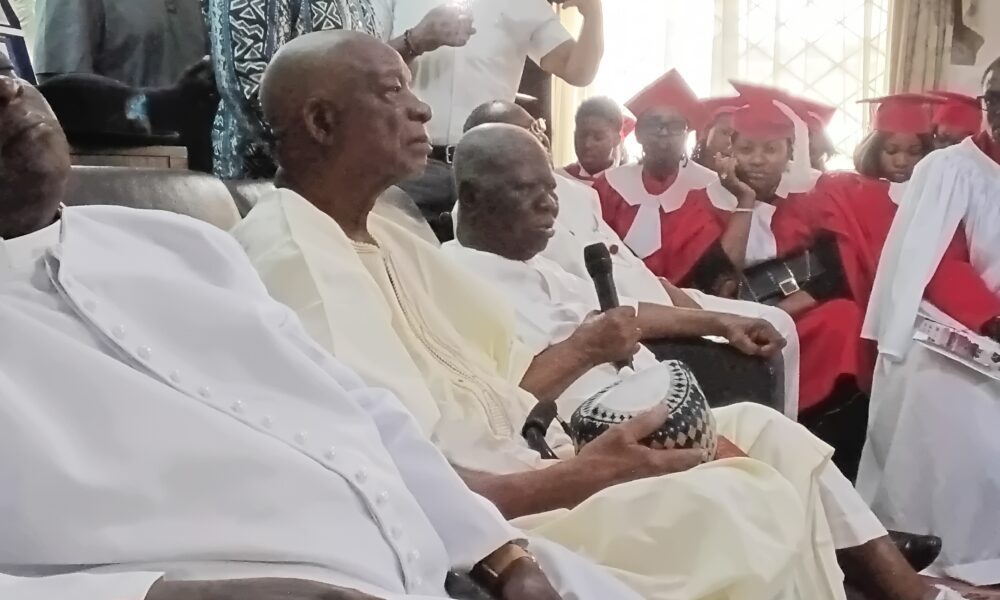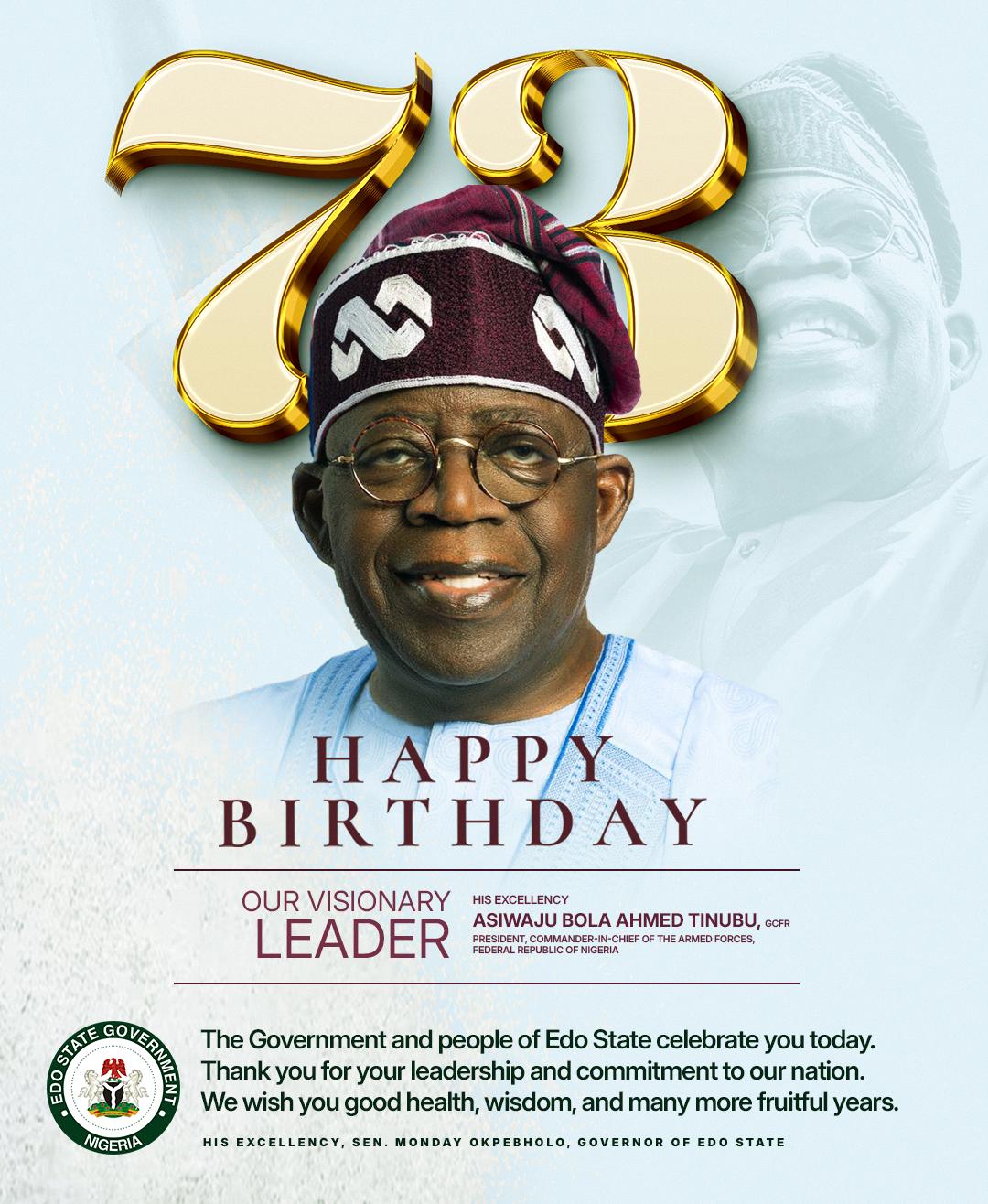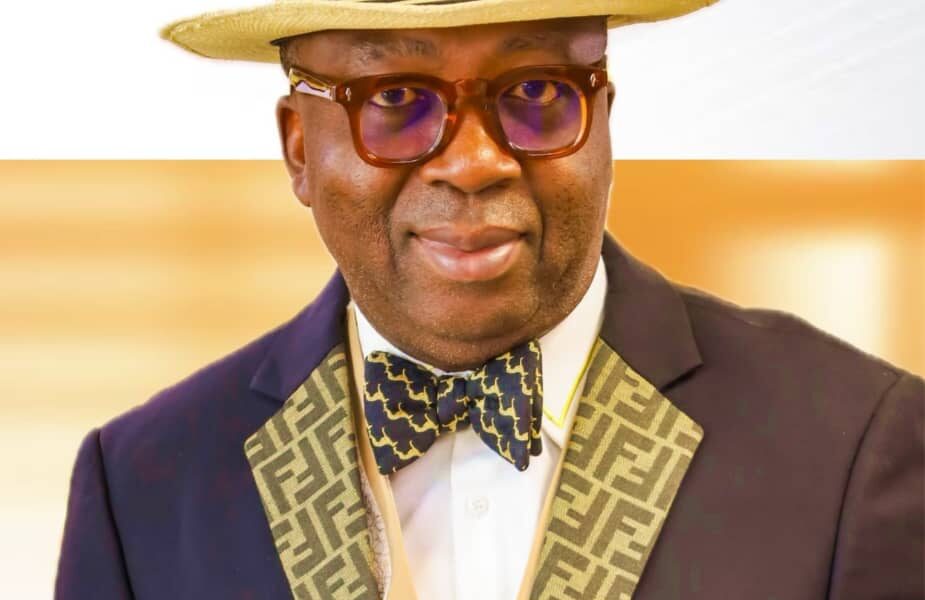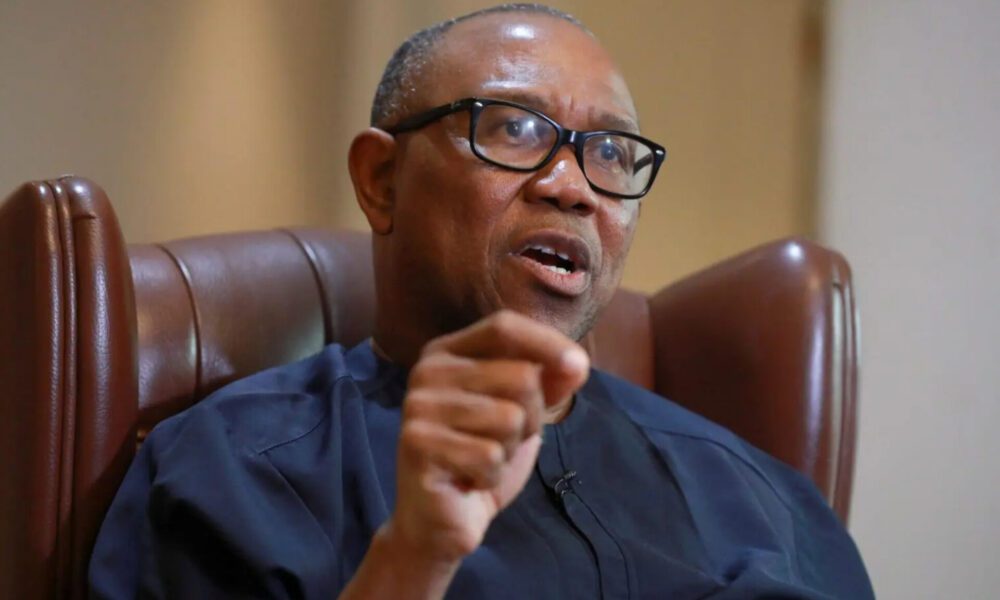Prominent Ijaw leader and elder statesman, Chief Edwin Clark, has voiced strong opposition to the growing trend of nepotism in Nigeria’s political system, blaming both past and present administrations for promoting ethnic bias and undermining national unity.
Speaking during a Christmas service at his Abuja residence, Chief Clark criticized former President Muhammadu Buhari’s administration for favoring certain ethnic groups in key appointments, a practice he argued has continued under President Bola Ahmed Tinubu.
Clark accused Buhari’s government of sidelining competent Nigerians in favor of candidates chosen based on ethnicity rather than merit. He lamented that despite widespread calls for reform, Tinubu’s administration has maintained similar practices, perpetuating exclusion and favoritism.
“For eight years, Buhari filled positions with people from his ethnic group, regardless of their qualifications. Sadly, under Tinubu, this pattern has not changed,” Clark stated. “Nigeria belongs to all of us, and no group should dominate others.”
Clark argued that nepotism erodes trust in government institutions, deepens divisions, and destabilizes the country politically and economically. He stressed that prioritizing competence, fairness, and accountability is essential for building a united and prosperous Nigeria.
The elder statesman warned that tribalism and favoritism threaten Nigeria’s democratic foundations and urged citizens to demand reforms that promote inclusivity and reflect the nation’s diversity.
“Leaders must prioritize the common good over sectional interests,” he emphasized, adding that Nigerians should hold public officials accountable and demand transparency in governance.
While acknowledging President Tinubu’s efforts to address citizens through national broadcasts, Clark insisted that speeches must be followed by concrete actions to tackle corruption, insecurity, and poverty.
“We need action, not just words. Leaders must lead by example to restore fairness and equity,” he said.
Chief Clark also called on religious leaders to use their platforms to preach unity, peace, and tolerance, highlighting the role of faith-based organizations in fostering moral values and discouraging divisive politics.
“Our churches and mosques must promote love and unity. Nigeria will only progress when we come together as one people,” he urged.
Clark’s remarks have sparked renewed debate about governance and fairness in Nigeria. Many citizens see his comments as a wake-up call to address systemic inequalities and prioritize national integration.
Observers believe Clark’s speech may pressure the Tinubu administration to review its approach to governance and implement policies that promote inclusivity and cohesion.
The Christmas service also featured a sermon by Pastor Ben Idume, who reflected on the significance of Christ’s birth as a symbol of hope and redemption for humanity.
Addressing issues of corruption and poor governance, Pastor Idume challenged Nigerians to embrace Christ’s teachings and allow His light to transform their lives and communities.
He called on Christians to demonstrate integrity, love, and righteousness, becoming agents of positive change in their environments.
Despite Nigeria’s struggles with insecurity and poverty, Pastor Idume expressed faith in God’s ability to lead the nation toward peace and prosperity.
He urged believers to act as beacons of hope, reflecting Christ’s light and working towards national transformation.
“Let us live by example and commit ourselves to promoting unity and progress,” he said.
As Nigeria faces mounting challenges, Chief Edwin Clark’s call for inclusive governance and Pastor Idume’s message of hope have resonated with many, reigniting discussions on the nation’s path toward equity, peace, and sustainable development.
Chief Edwin Clark Condemns Nepotism, Calls for Inclusive Governance, National Unity



